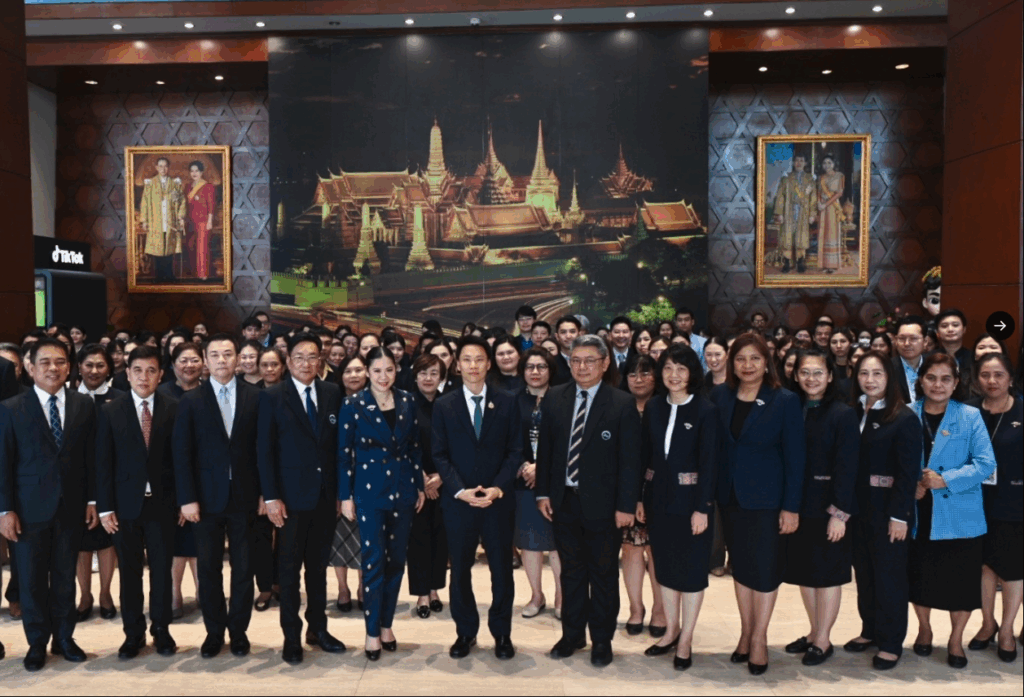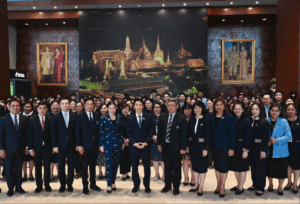BANGKOK — Thailand’s new Minister of Tourism and Sports, Atthakorn Sirilatthayakorn, has unveiled an ambitious campaign titled “Big Impact Act Fast,” a sweeping national strategy to reignite the country’s tourism engine and accelerate economic recovery ahead of the 33rd Southeast Asian (SEA) Games in December.
The initiative zeroes in on seven priority markets — China, Japan, Korea, India, and nations across the Middle East, particularly Saudi Arabia and the UAE — where outbound travel is rebounding sharply. Atthakorn said the approach aims to rebuild traveler confidence and drive high-value arrivals while promoting regional destinations tied to the SEA Games. A dedicated drive, “Welcome Back, China!,” will spearhead Thailand’s re-engagement with its single largest pre-pandemic tourism source.
Under the banner “Travel Safe, Worry Free,” the ministry is deploying an upgraded 24/7 Tourist Police hotline (1155), supported by an eight-language mobile application that connects travelers instantly to local law enforcement and emergency help. Complementing this is a newly introduced AI Detect system — a network of smart surveillance cameras able to match faces with national criminal databases to flag potential threats in real time.
The technology, already piloted in key tourist hubs, has reportedly aided in over 200 arrests since 2024, according to Thai media reports. Atthakorn said this integrated safety net would “allow visitors to enjoy Thailand’s warmth with modern-day confidence.”
The Tourist Police app will soon operate in eight languages — English, Chinese, Japanese, Korean, Russian, German, Arabic, and French — reflecting the diversity of visitors Thailand hopes to attract. A real-time reporting function lets users share incidents, locate nearby safe zones, or request urgent assistance.
Thailand’s hosting of the 33rd SEA Games in December 2025 serves as the campaign’s economic and symbolic anchor. The Tourism Authority of Thailand (TAT) has been tasked with marketing host cities and nearby attractions to create seamless travel experiences for sports fans and leisure tourists alike. The government expects the Games to inject a surge of spending across hospitality, retail, and transport sectors — and signal that Thailand is open, prepared, and welcoming.
“Tourism is at the heart of Thailand’s economic recovery,” Atthakorn said at the policy launch at TAT headquarters in Bangkok. “We must act with urgency and precision. Big Impact Act Fast means exactly that — big results, delivered fast.”
While the policy’s ambition has drawn praise, analysts note the challenge of aligning AI surveillance with privacy safeguards, as well as ensuring rural provinces benefit from the tourism rebound. Still, with Thailand targeting 40 million international visitors by 2026, the message is clear: the kingdom intends to regain its place as Southeast Asia’s tourism leader.
Whether “Big Impact Act Fast” achieves its name may depend on timing — and trust. If successful, the campaign could re-establish Thailand not just as a leisure paradise but as a model for tourism innovation in the post-pandemic era.


